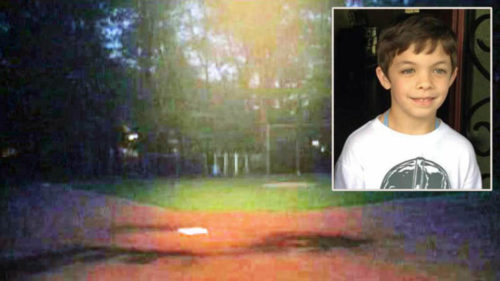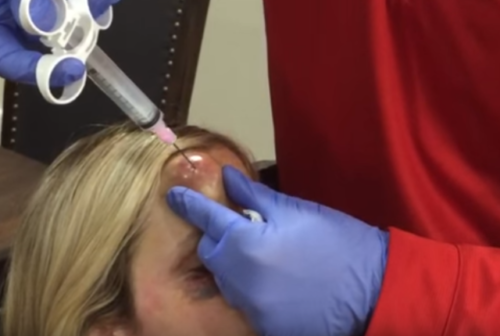Peanut Allergy – Possible Treatment
Peanut allergy is, for some unknown reason, rising in numbers every year. Perhaps we were merely naïve when I was a child, but we certainly didn’t have any “special table” in our lunch room as a “peanut free zone.” I never once, in my entire school years, had a teacher or classroom even mention that there even was such a thing as kids who couldn’t be around peanuts let alone prohibit them from entering… not any more! They’re everywhere and every school has them.
See the video…



